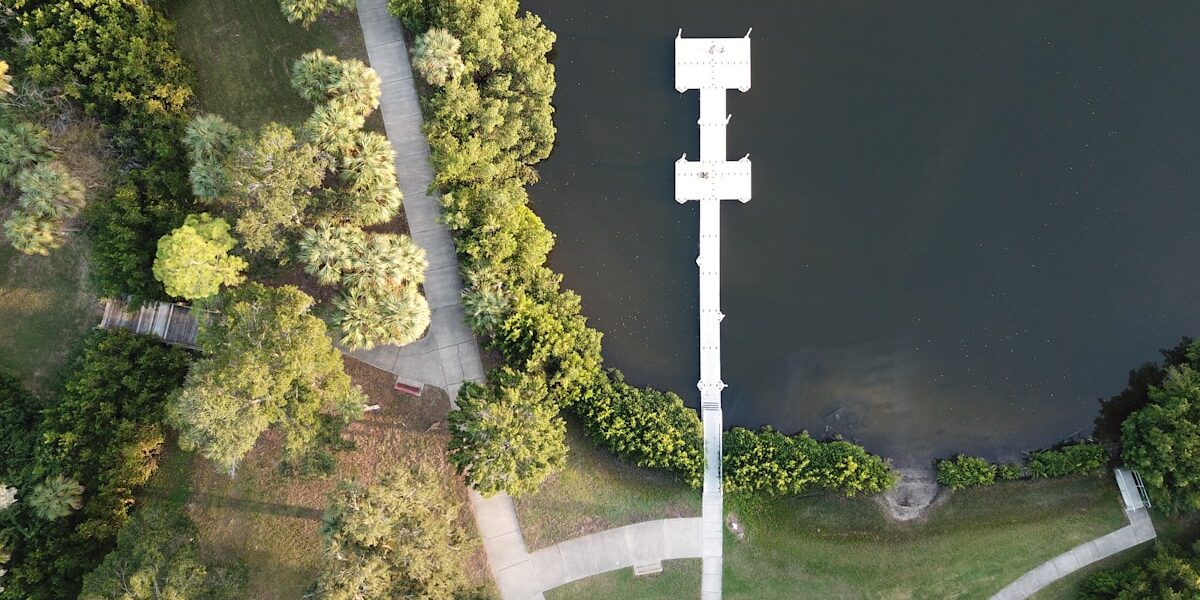
Guide to Drone Operator Certification
Guide to Drone Operator Certification
Drone technology has grown rapidly. Many industries now use drones for various applications. Becoming a certified drone operator can open numerous job opportunities. Here’s everything you need to know about drone operator certification.
Understanding Drone Classes
First, know the different classes of drones. They’re generally categorized by weight and use:
- Micro drones: Weighing less than 0.25 kg.
- Hobby drones: Weighing between 0.25 kg and 2 kg.
- Commercial drones: Weighing over 2 kg.
Understanding drone classes helps determine the certification requirements.
Types of Drone Operator Certifications
There are two primary types of certifications:
- Part 107 Certification: For commercial drone use in the U.S.
- Basic and Advanced Operations Certification: For drone use in Canada.
Each certification has distinct guidelines and requirements.
Part 107 Certification
Eligibility Requirements
For Part 107 Certification, you must:
- Be at least 16 years old
- Be able to read, write, and understand English
- Be in a physical and mental condition to safely fly a drone
Study Materials
Next, gather the necessary study materials. You’ll need to understand:
- Regulations and safety
- Airspace classifications
- Weather patterns
- Drone performance
Several free and paid resources are available online.
Taking the Test
Schedule your test at an authorized testing center. The test fee is usually around $150. The exam consists of 60 multiple-choice questions. You need a score of 70% or higher to pass. Expect questions on regulations, airspace classifications, weather, loading, and emergency procedures.
Once you pass the exam, complete FAA Form 8710-13 for a remote pilot certificate. The processing time can take up to 48 hours. After approval, you’ll receive your certificate electronically.
Canadian Drone Certifications
Basic Operations Certification
For basic operations, you must:
- Be at least 14 years old
- Pass an online exam
The online exam consists of 35 multiple-choice questions. You need a score of 65% or higher to pass. Study materials are available through Transport Canada’s website. Basic operations certification is for drones under 25 kg flying in uncontrolled airspace.
Advanced Operations Certification
For advanced operations, you must:
- Be at least 16 years old
- Pass an in-person flight review
- Pass a more extensive online exam
The exam has 50 multiple-choice questions. You need a score of 80% or higher to pass. You’ll need to demonstrate your ability to fly in controlled airspace and close to bystanders. The in-person review tests your practical flying skills.
Preparing for Certification
Whether in the U.S. or Canada, preparing for certification involves:
- Studying the provided materials
- Taking practice exams
- Hands-on flying experience
Many users find simulators helpful. Several online communities provide support and tips.
Maintaining Your Certification
Once certified, there are maintenance requirements. For Part 107, retake the knowledge test every two years. Keep track of all your flights in a logbook. Conduct pre-flight inspections and routine maintenance on your drone.
In Canada, renew certification every two years. Continue logging flights and perform regular drone maintenance.
Staying Up-to-Date
Drone regulations can change frequently. Stay informed through official channels like the FAA or Transport Canada. Join online forums and industry groups. Attend conferences and workshops to learn about new regulations and technologies.
Common Mistakes
Avoid common pitfalls like:
- Skipping the pre-flight checklist
- Ignoring weather conditions
- Flying near restricted areas
These actions not only break regulations but also endanger safety. Always prioritize compliance and safety.
Job Opportunities
Certified drone operators are in demand. Industries like real estate, agriculture, and media look for skilled operators. Government and non-profit organizations also hire drone pilots for various missions. Explore job boards and company websites for openings.
Starting a Drone Business
Many certified operators start their own businesses. Common services include aerial photography, surveying, and inspections. Establish a business plan and market your services. Ensure you have the necessary insurance and permits. Networking can be valuable in securing contracts and clients.
The Future of Drones
The drone industry continues to evolve. Emerging technologies like AI and automation are integrated into drones. Staying certified ensures you’re part of this growing field. Embrace ongoing learning and skills improvement to remain competitive.
Recommended Drone Gear
ASA Remote Pilot Test Prep – $19.95
Complete prep for the FAA Part 107 exam.
Drone Pilot Log Book – $7.99
Track your flights and maintain compliance.
As an Amazon Associate, we earn from qualifying purchases.



